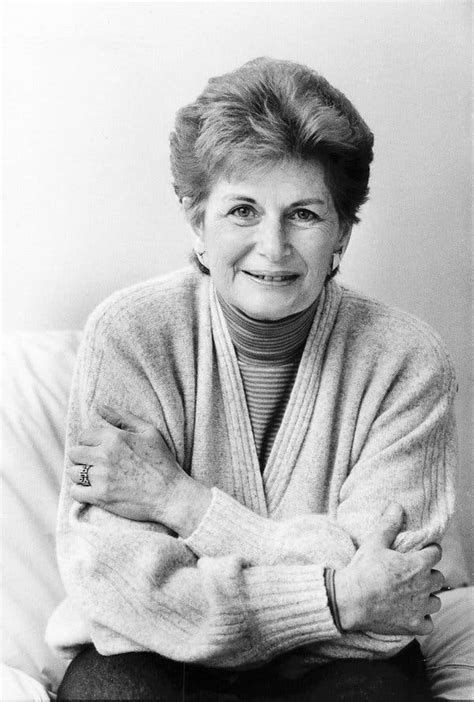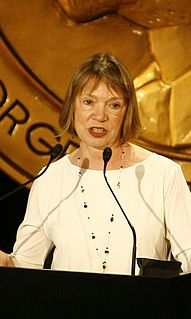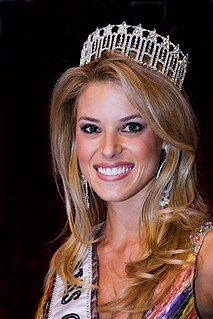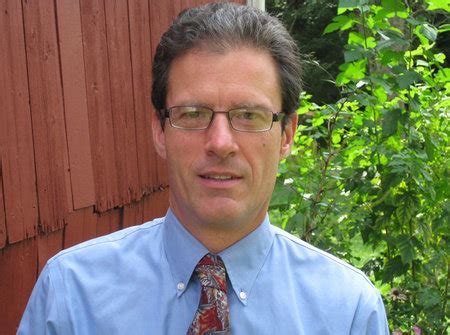A Quote by Warren Farrell
I'm not saying that men make better fathers than women do mothers.
Related Quotes
I'm not saying that all women are blameless - all women are not. There are women with despicable characters who are cruel and terrible and some of them are mothers. But why do we blame our mothers more than our fathers? We let our fathers get away scot-free. We hardly even knew who they were in many cases, given the way this culture raises kids, and they may have been quite cruel. They may even have raped us as children, but even if they raped us, we will blame our mothers for not protecting us instead of blaming our fathers who actually did it.
Contrary to all we hear about women and their empty-nest problem, it may be fathers more often than mothers who are pained by thechildren's imminent or actual departure--fathers who want to hold back the clock, to keep the children in the home for just a little longer. Repeatedly women compare their own relief to their husband's distress
Parents offer an open womb. More than anyone else in your life, mothers, and sometimes fathers, can kiss it, and make it well whentheir grown children need to regress and repair. More than anyone else in your life, mothers, and sometimes fathers, can catch you when you start to fall. When you are in disgrace, defeat, and despair, home may be the safest place to hide.
Here's the progression. Feminism won; you can have it all; of course you want children; mothers are better at raising children than fathers; of course your children come first; of course you come last; today's children need constant attention, cultivation, and adoration, or they'll become failures and hate you forever; you don't want to fail at that; it's easier for mothers to abandon their work and their dreams than for fathers; you don't want it all anymore (which is good because you can't have it all); who cares about equality, you're too tired; and whoops--here we are in 1954.
Mothers and fathers act in mostly similar ways toward their young children. Psychologists are still highlighting small differencesrather than the overwhelming similarities in parents' behaviors. I think this is a hangover from the 1950s re-emergence of father as a parent. He has to be special. The best summary of the evidence on mothers and fathers with their babies is that young children of both sexes, in most circumstances, like both parents equally well. Fathers, like mothers, are good parents first and gender representatives second.
As important as the father is in the life of a child, even he must take second place to mother during the first three years of life.... Consequently, mothers actually have more to do with producing a predisposition toward homosexuality than fathers. Two kinds of mothers are particularly harmful - smother mothers and dominating mothers.
That myth--that image of the madonna-mother--has disabled us from knowing that, just as men are more than fathers, women are morethan mothers. It has kept us from hearing their voices when they try to tell us their aspirations . . . kept us from believing that they share with men the desire for achievement, mastery, competence--the desire to do something for themselves.
It is important to note that research has shown that men who have abusive mothers do not tend to develop especially negative attitudes toward females, but men who have abusive fathers do; the disrespect that abusive men show their female partners and their daughters is often absorbed by their sons.
So while a small number of abusive men do hate women, the great majority exhibit a more subtle-though often quite pervasive-sense of superiority or contempt toward females, and some don't show any obvious signs of problems with women at all until they are in a serious relationship.



































